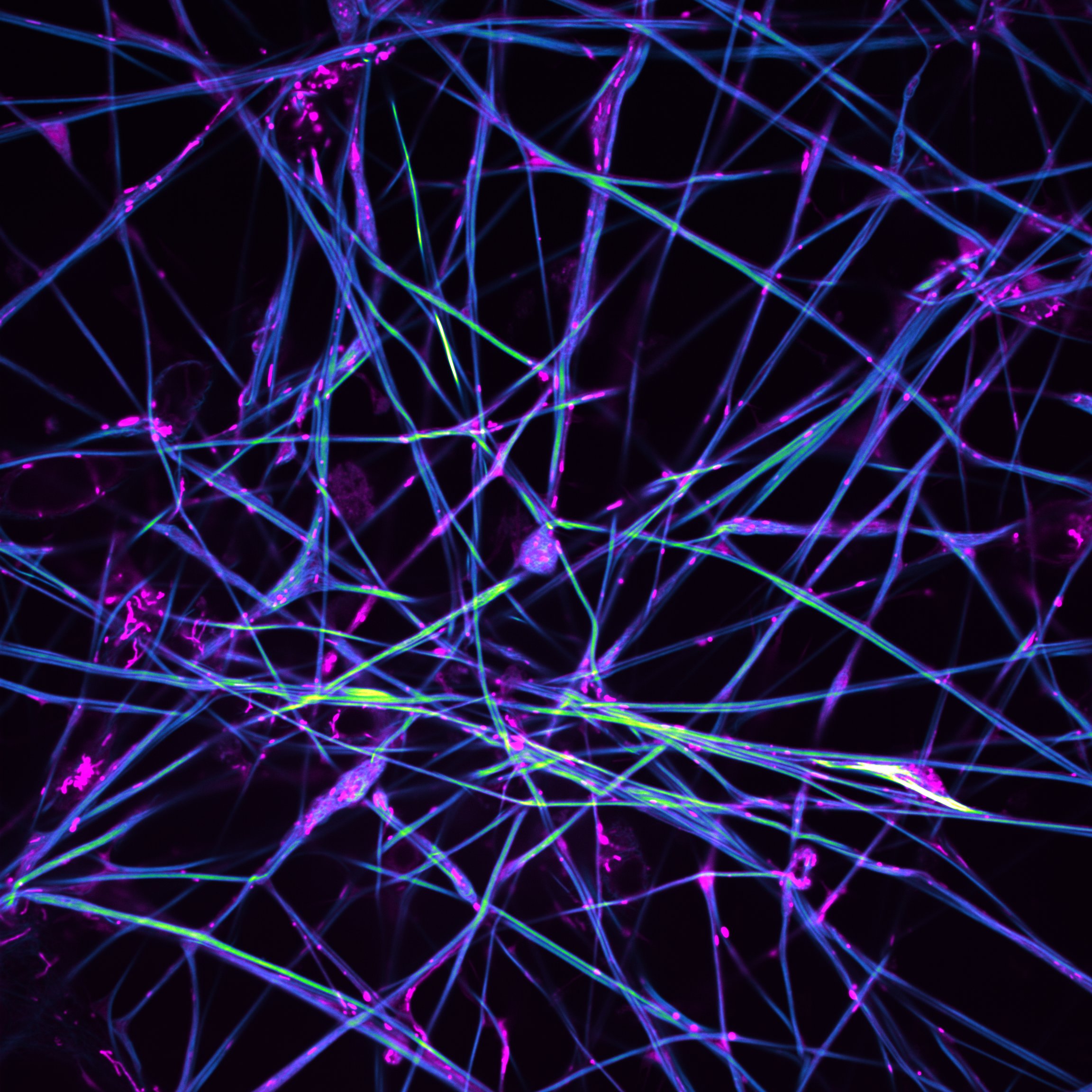EMBL Australia Group Leader based in UNSW, Dr. Vaishnavi Ananthanarayanan, has been awarded the Royal Microscopical Society (RMS) Life Sciences Award for 2025 in recognition of her achievements in using novel microscopies in cell biology. This accolade highlights her pioneering research in the use of a diverse array of advanced microscopy techniques to uncover fundamental biophysical processes.
Currently holding a prestigious EMBL Australia Group Leader fellowship, Dr. Ananthanarayanan leads one of the largest and most dynamic research groups at the EMBL Australia Node for Single Molecule Science at the University of New South Wales (UNSW). Her research, which focuses on motor proteins, cytoskeleton dynamics, and cellular decision-making, has set new standards in the field. By integrating quantitative single molecule, live-cell, and cryo-electron microscopy, she has provided profound insights into the biophysics of motor proteins like dynein in their native cellular environments.
Dr. Ananthanarayanan’s innovative approach and early adoption of advanced imaging techniques, such as live-cell single molecule tracking, have been key to her success. Her research also incorporates technologies like optogenetics, microfluidics, and micropatterning, underscoring the power of microscopy in addressing critical questions in cell biology. These research questions include investigation of the microtubule-mitochondrial interaction in neurodegeneration, the molecular underpinnings of cargo transport within cells, and the endosomal signalling itinerary of psychedelics in cells that leads to their anti-depressant properties.

Her academic journey began with a PhD from the Max Planck Institute of Molecular Cell Biology and Genetics in Germany, followed by a successful tenure at the Indian Institute of Science in Bangalore, where she was promoted to Assistant Professor. Her achievements include corresponding author papers in prestigious journals and receiving the EMBO Young Investigator Award (2019) and the ASCB Junior Award for Excellence in Research (2021). In Nov 2020, Dr. Ananthanarayanan joined UNSW after being awarded a prestigious EMBL Australia Group Leader fellowship – UNSW’s fourth so far. She now leads one of the largest and most prolific groups in the EMBL Australia Node in Single Molecule Science, based in the Department of Molecular Medicine and the School of Biomedical Sciences.
Dr. Ananthanarayanan’s dedication to the scientific fields extends beyond the biomedical research; she is a passionate educator and mentor, having supervised numerous PhD, MSc, and undergraduate Honours students. She is also a strong advocate for equity and inclusion. Dr. Ananthanarayanan has championed the culture shift in academic science as the co-founder of BiasWatchIndia – an organisation that advocates for equal gender representation in Indian conference symposia and discussion panels. In just over three years since joining UNSW, she has become a positive role model in her department through her work to establish a journal club and lead the conversation on equity, diversity, and inclusion.
Her recent achievements at UNSW include publishing several breakthrough research and review papers, and her team’s discovery on the stochastic nature of the interaction of dynein with its partner proteins has been particularly notable. In recognition of her contributions, she was named Researcher of the Year by the School of Biomedical Sciences at UNSW in 2023.
Dr. Ananthanarayanan is the first recipient of the RMS Life Sciences Award outside of Europe; she joins some of the highest achieving and elite microscopists in the Life Sciences to win this award, including Dr Anjali Kusumbe (University of Oxford; 2023), Dr Yanlan Mao (University College London 2019) and Dr Cristina Lo Celso (Imperial College London; 2019).
